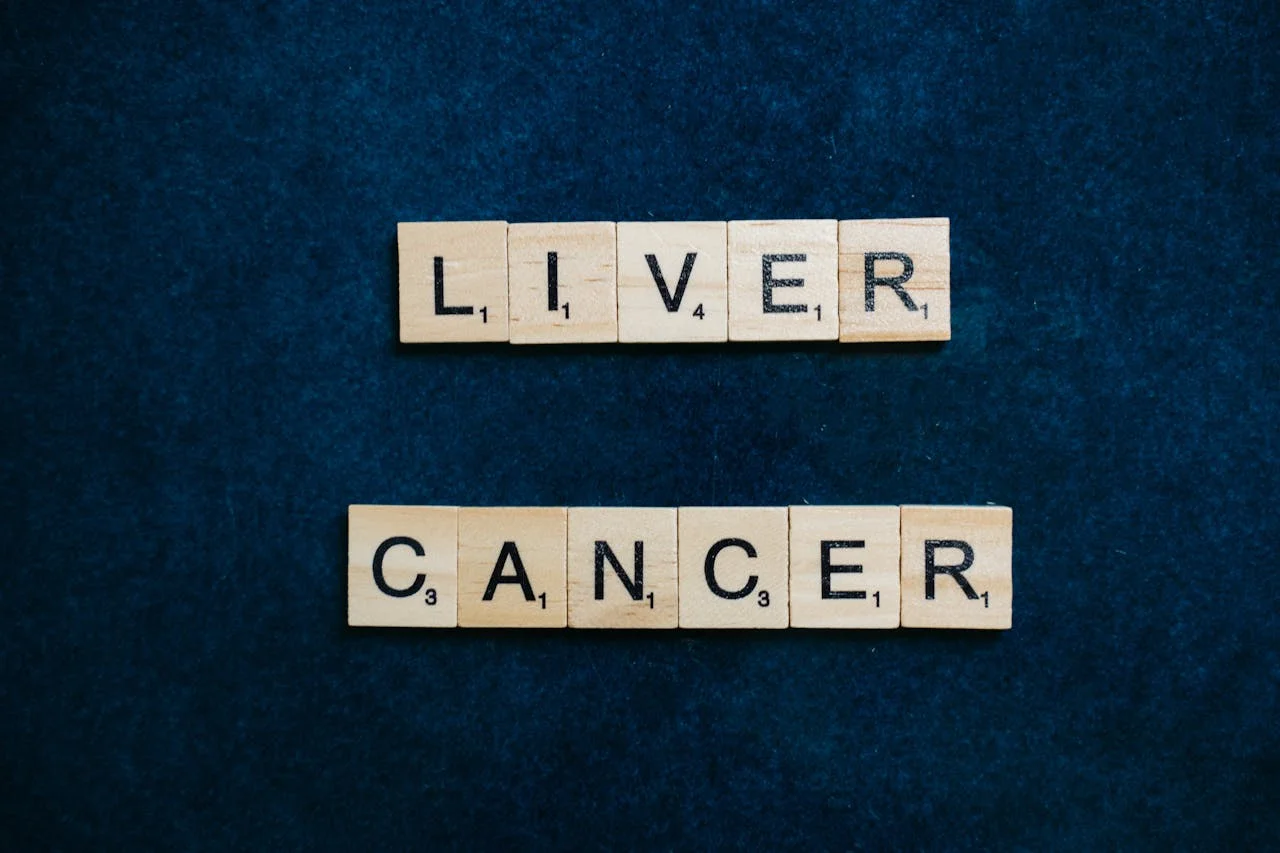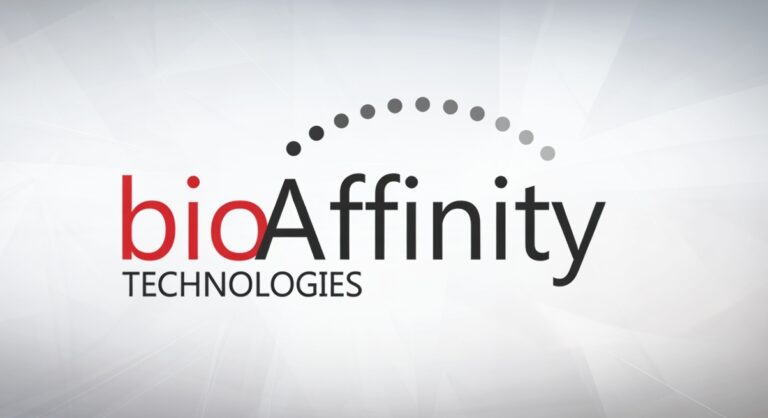
Bristol Myers Squibb today announced that the European Medicines Agency (EMA) has validated its Type II variation application for Opdivo® (nivolumab) plus Yervoy® (ipilimumab) as a potential first-line treatment for adult patients with unresectable or advanced hepatocellular carcinoma (HCC) who have not received prior systemic therapy. This application is based on results from the Phase 3 CheckMate -9DW trial, and the validation confirms that the submission is complete, initiating the EMA’s centralized review process.
“Approximately 62,000 cases of liver cancer are diagnosed annually in the European Union, with HCC being the predominant type. Despite recent treatment advances, the prognosis remains poor for patients in more advanced stages, highlighting the need for therapies with better clinical outcomes,” said Dana Walker, M.D., M.S.C.E., vice president, global program lead for gastrointestinal and genitourinary cancers at Bristol Myers Squibb. “We look forward to working with the EMA to advance our application for Opdivo plus Yervoy, aiming to provide a new first-line dual immunotherapy combination treatment option for adult patients with unresectable or advanced hepatocellular carcinoma in the European Union.”
In the Phase 3 CheckMate -9DW trial, Opdivo plus Yervoy demonstrated a statistically significant and clinically meaningful improvement in overall survival (OS) compared to the investigator’s choice of lenvatinib or sorafenib. The safety profile of the Opdivo plus Yervoy combination remained consistent with previously reported data and was manageable with established protocols, with no new safety signals identified. Results were presented at the 2024 American Society of Clinical Oncology (ASCO) Annual Meeting.
Bristol Myers Squibb thanks the patients and investigators involved with the Phase 3 CheckMate -9DW clinical trial.
About CheckMate -9DW
CheckMate -9DW is a Phase 3 randomized, open-label trial evaluating the combination of Opdivo plus Yervoy versus the investigator’s choice of lenvatinib or sorafenib monotherapy in patients with unresectable or advanced hepatocellular carcinoma who have not received prior systemic therapy. Approximately 668 patients were randomized to receive either Opdivo plus Yervoy (Opdivo 1 mg/kg plus Yervoy 3 mg/kg every three weeks for up to four doses, followed by Opdivo monotherapy 480 mg for up to 2 years) or single-agent lenvatinib or sorafenib as oral capsules in the control arm. The primary endpoint of the trial is overall survival, with key secondary endpoints including objective response rate and time to symptom deterioration.
About Hepatocellular Carcinoma
Liver cancer is the third most frequent cause of cancer death worldwide. Hepatocellular carcinoma (HCC) is the most common type of primary liver cancer, accounting for 75% to 85% of all liver cancers. HCC is often diagnosed at an advanced stage, where effective treatment options are limited and typically associated with poor outcomes. Up to 70% of patients experience recurrence within five years, particularly those still considered at high risk after surgery or ablation. While most HCC cases are caused by hepatitis B virus (HBV) or hepatitis C virus (HCV) infections, the rising prevalence of metabolic syndrome and nonalcoholic steatohepatitis (NASH) is expected to contribute to increased HCC rates.
Bristol Myers Squibb: Creating a Better Future for People with Cancer
Bristol Myers Squibb is driven by a single vision: transforming patients’ lives through science. The company’s cancer research aims to deliver medicines that offer each patient a better, healthier life, and to make a cure a possibility. Building on a legacy of advancements across a broad range of cancers, Bristol Myers Squibb researchers are exploring new frontiers in personalized medicine. Through innovative digital platforms, they are turning data into insights that sharpen their focus. With a deep understanding of human biology, cutting-edge capabilities, and differentiated research programs, the company is uniquely positioned to approach cancer from every angle.
Cancer can have a relentless impact on many parts of a patient’s life, and Bristol Myers Squibb is committed to addressing all aspects of care, from diagnosis to survivorship. As a leader in cancer care, the company is working to empower all people with cancer to have a better future.
About Opdivo
Opdivo is a programmed death-1 (PD-1) immune checkpoint inhibitor designed to harness the body’s immune system to restore anti-tumor immune response. By leveraging the body’s own immune system to fight cancer, Opdivo has become an important treatment option across multiple cancers. Opdivo’s global development program, based on Bristol Myers Squibb’s expertise in Immuno-Oncology, includes a broad range of clinical trials across all phases and various tumor types. To date, the Opdivo clinical development program has treated more than 35,000 patients and has deepened the understanding of the role of biomarkers in patient care, particularly in relation to PD-L1 expression.
Since its first regulatory approval in July 2014, Opdivo has been approved in over 65 countries, including the United States, the European Union, Japan, and China. In October 2015, Opdivo and Yervoy combination regimen became the first Immuno-Oncology combination to receive regulatory approval for treating metastatic melanoma, and it is currently approved in more than 50 countries, including the United States and the European Union.
About Yervoy
Yervoy is a recombinant, human monoclonal antibody that binds to the cytotoxic T-lymphocyte-associated antigen-4 (CTLA-4), a negative regulator of T-cell activity. Yervoy blocks CTLA-4’s interaction with its ligands, CD80/CD86, thereby augmenting T-cell activation and proliferation, including the activation and proliferation of tumor-infiltrating T-effector cells. Inhibition of CTLA-4 signaling can reduce T-regulatory cell function, contributing to a general increase in T-cell responsiveness, including anti-tumor immune response. The U.S. Food and Drug Administration (FDA) approved Yervoy 3 mg/kg monotherapy for unresectable or metastatic melanoma on March 25, 2011. Yervoy is now approved for this indication in more than 50 countries. There is an ongoing development program for Yervoy across multiple tumor types.





